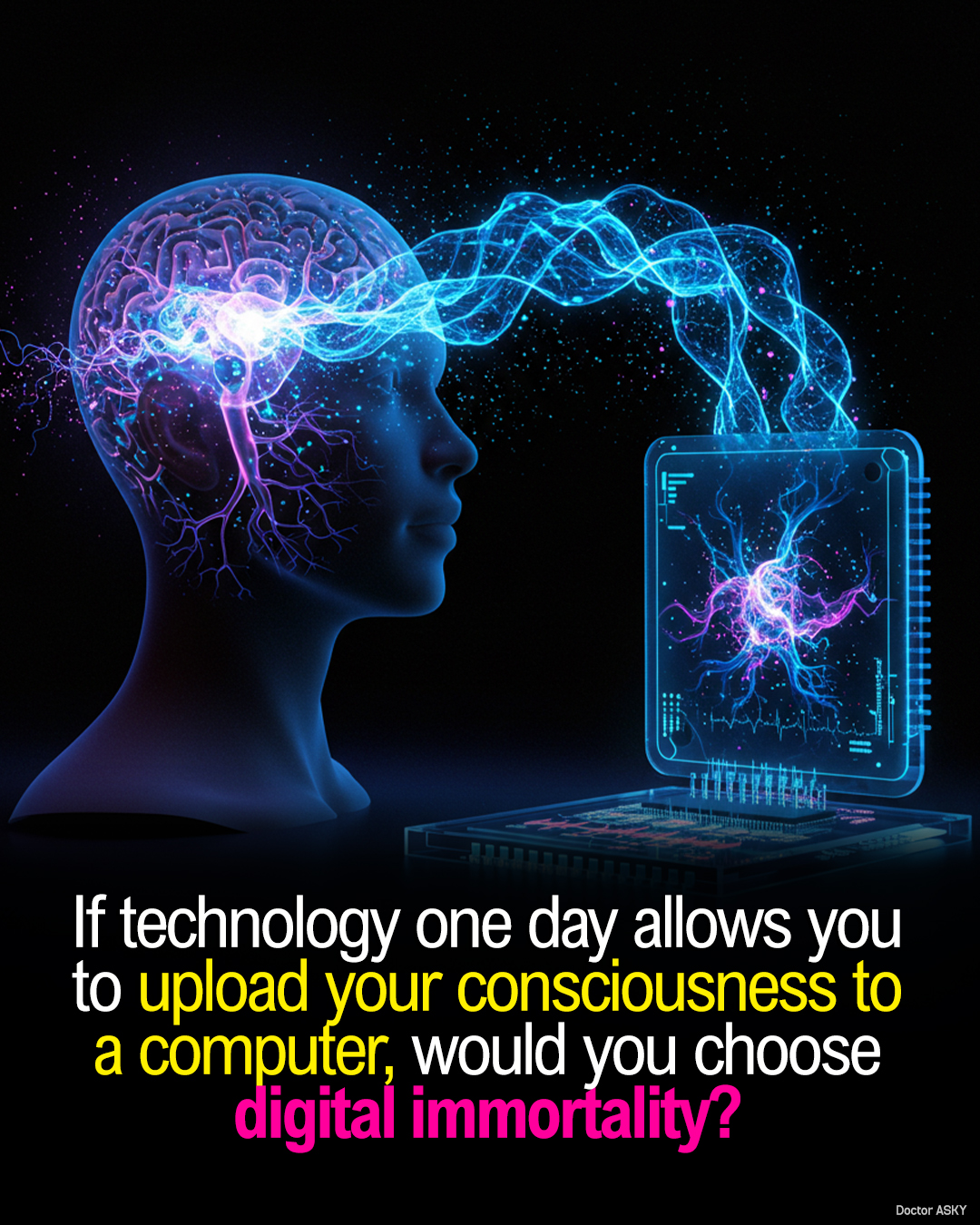Scientists are pondering the fascinating and somewhat eerie idea of “mind uploading,” which means copying a person’s brain and consciousness into a computer. In this digital form, you’d keep your memories and self-awareness but live without a body. Inside a simulated world, you could do everyday things or even impossible feats like flying or walking through walls—limited only by what technology can recreate.
Theoretically, mind uploading might be doable, but it’s incredibly challenging. The human brain is the most complex object known, with 86 billion neurons and trillions of connections that constantly change. To succeed, a digital brain would need to get the same sensory inputs it always had—seeing, hearing, feeling—because sensory deprivation causes serious mental health issues. So the computer would have to simulate senses and the environment perfectly, or mental problems might arise.
Currently, science is far from this. Researchers can only map tiny brain parts in animals, and scanning the whole human brain in 3D at detailed levels is still decades away. Even then, understanding how neurons work together to create thought is a huge mystery. Some think replacing real neurons with artificial ones could help, but that tech doesn’t exist yet.
Despite massive challenges, tech advances are fast, and many wealthy people are investing in this dream of digital immortality. While some predict mind uploading might happen by 2045, experts believe it’s more likely 100 to 200 years away. Still, the first “digital immortal” could be born during our lifetime.

